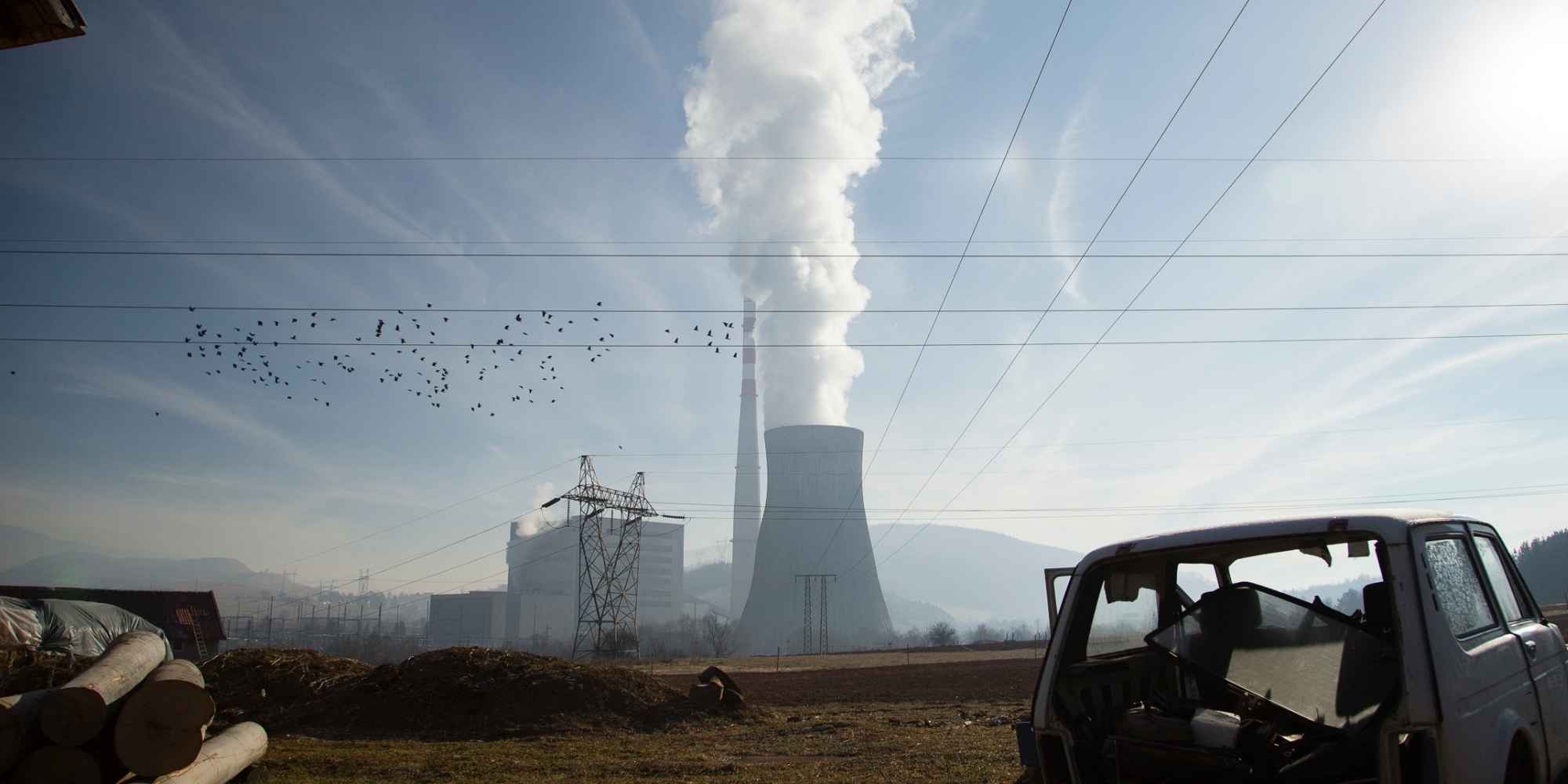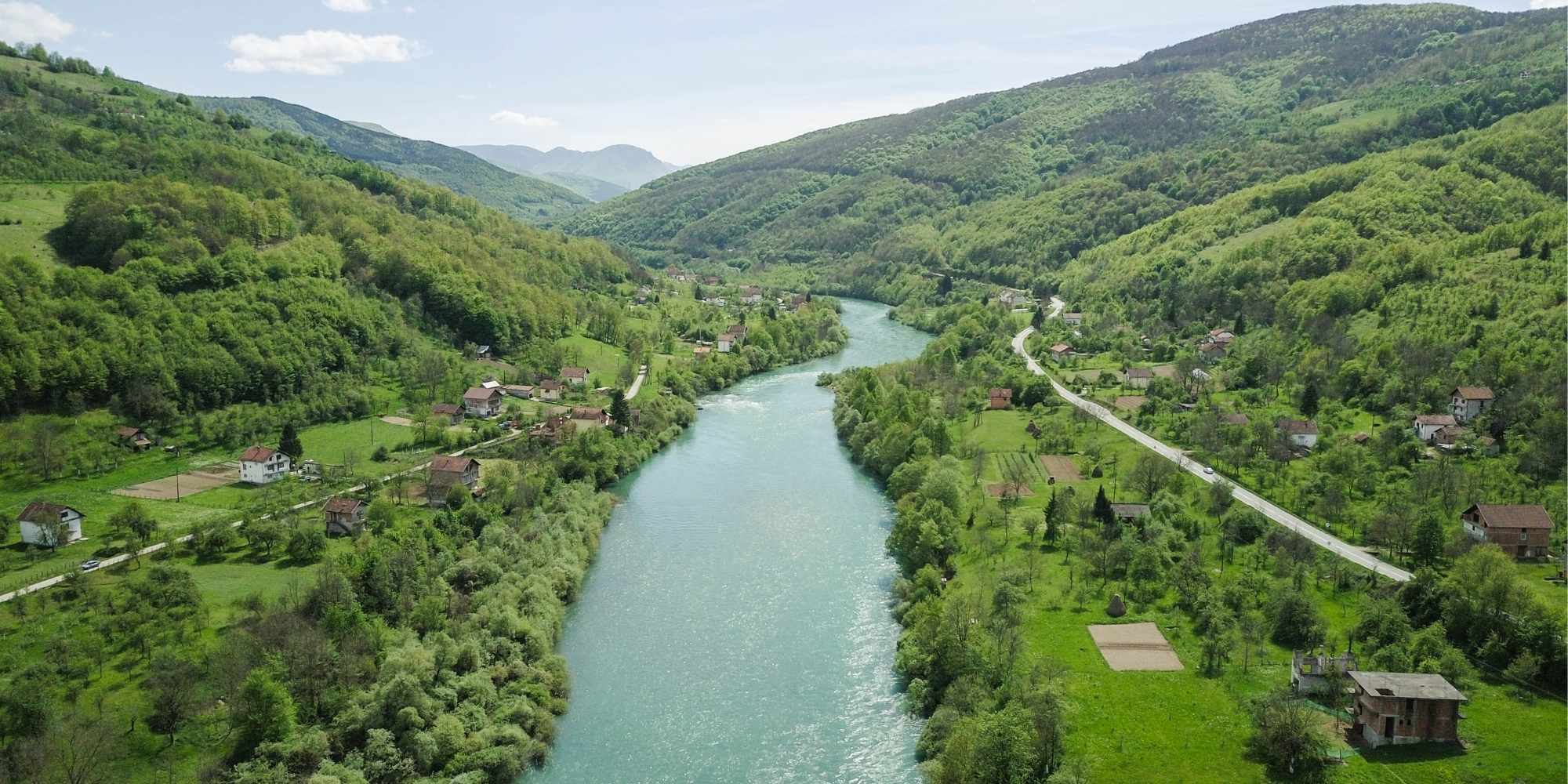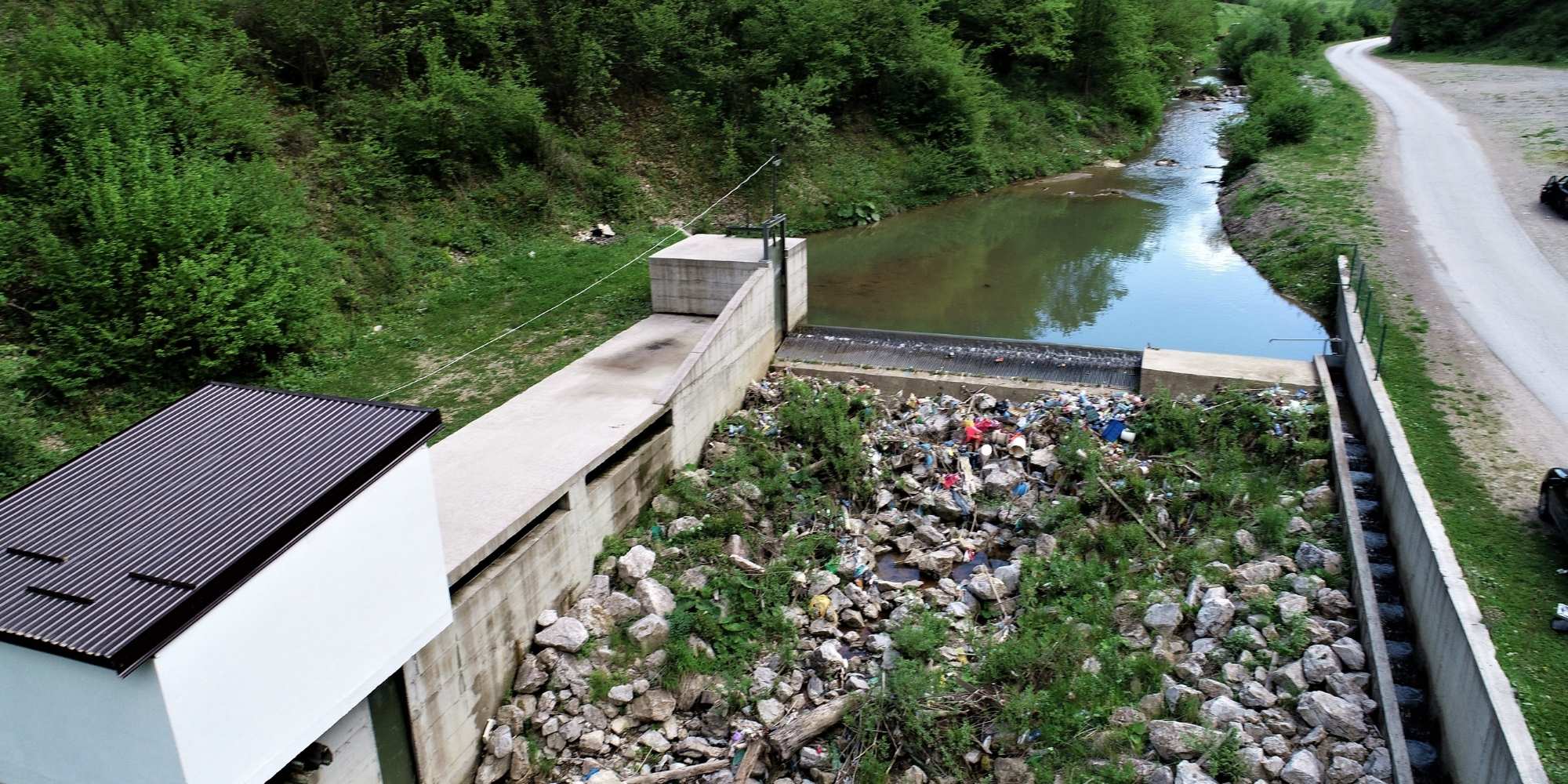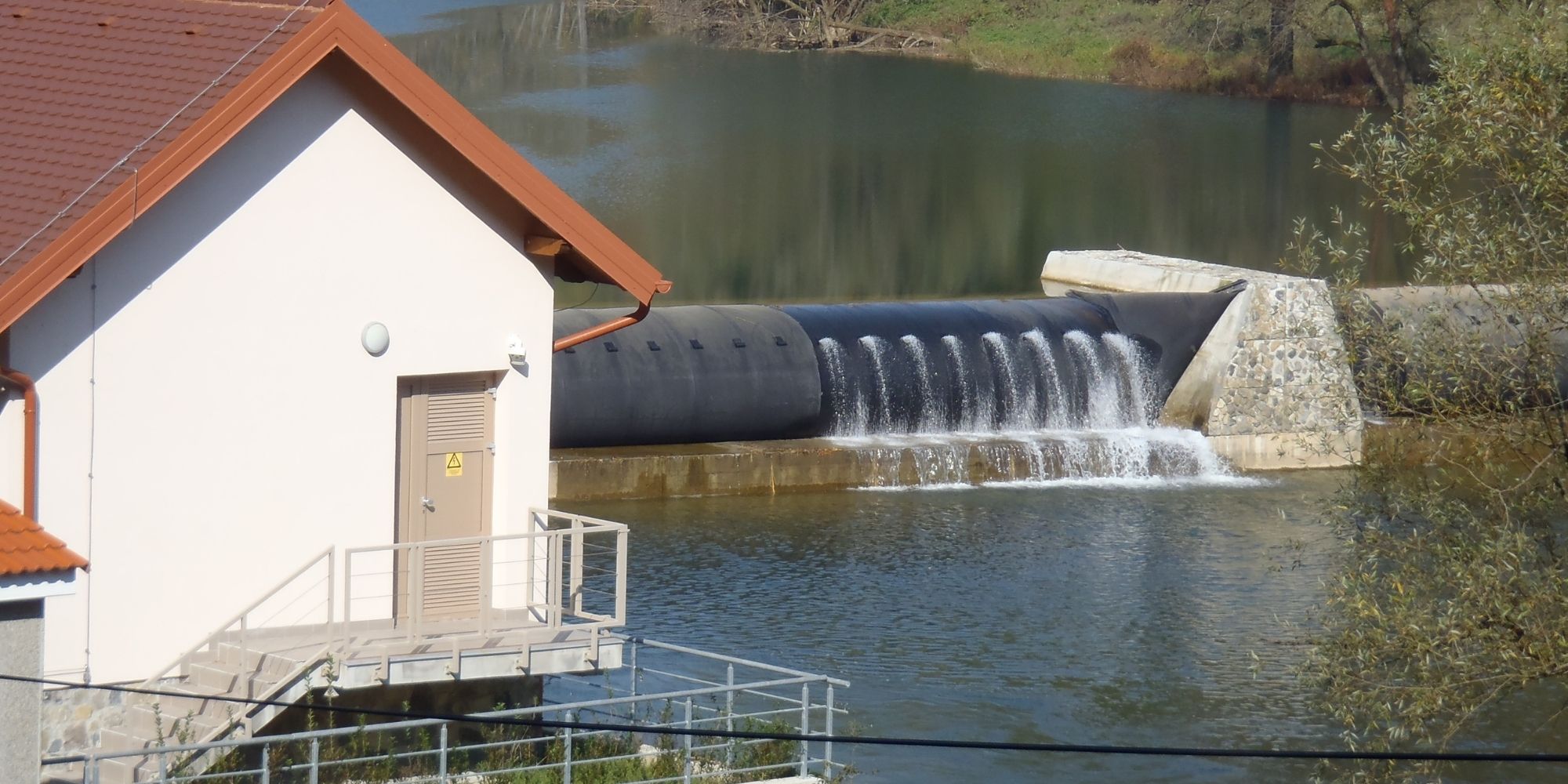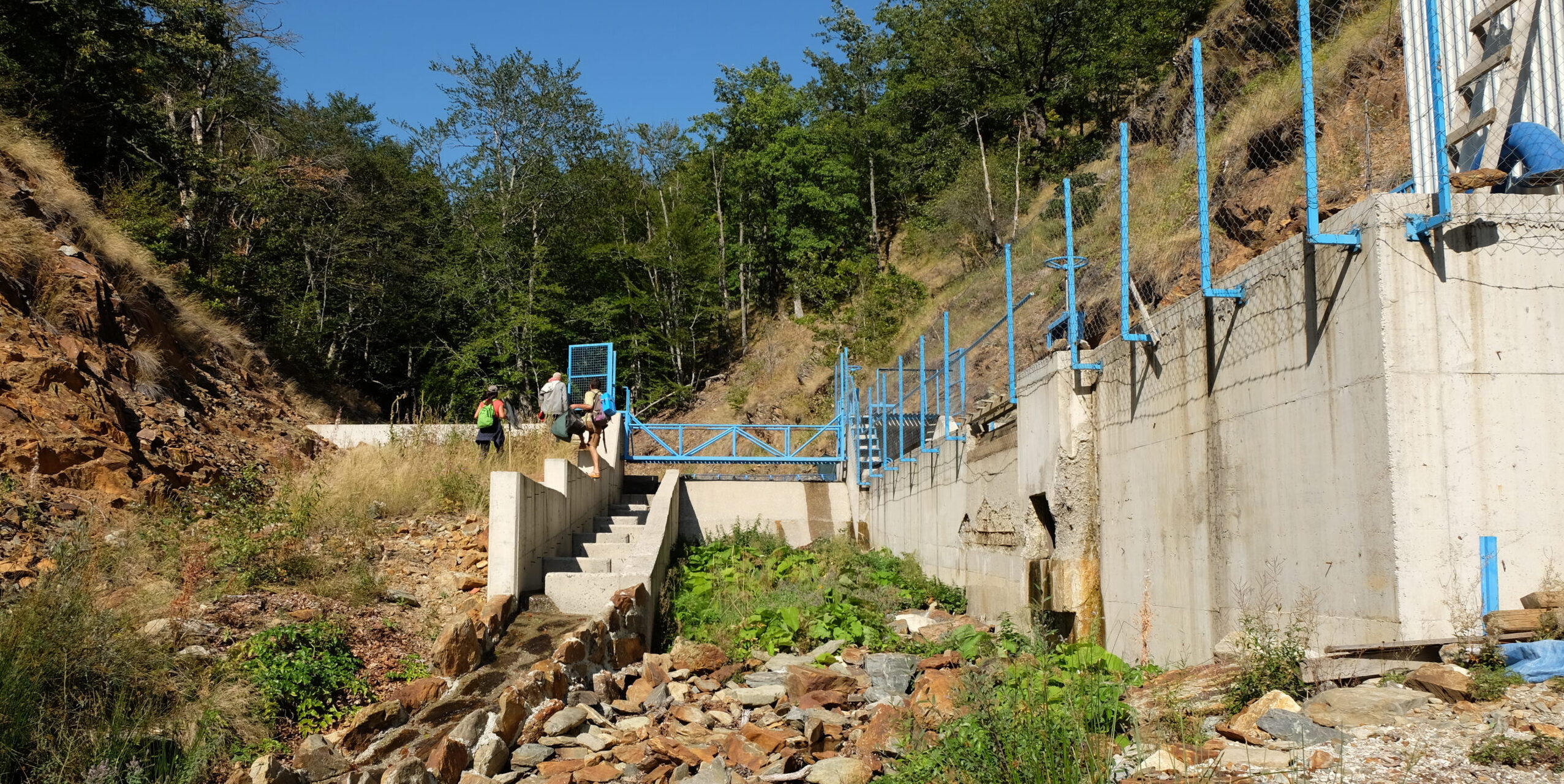
Southeast Europe Energy Policy Officer
Email: pippa.gallop AT bankwatch.orgTel.: +385 99 755 97 87
Pippa works as Bankwatch Southeast Europe energy advisor, with a specialisation in coal and hydropower in the Western Balkans. She is based in Zagreb, Croatia and speaks English, Croatian and rusty German.
More from Pippa Gallop
Montenegro has recently confirmed that its highly polluting Pljevlja coal plant has exceeded its allowed operating hours under the Energy Community Treaty, yet no moves have been made to close the plant. This threatens to create a worrying precedent if not tackled.
The energy sector damages rivers, lakes and other habitats in the countries participating in the Energy Community Treaty, and the Treaty’s current rules are not sufficient to protect them. Our new analysis shows how the EU’s nature and water Directives can be adapted to help address this problem.
This Tuesday, 30 March, lawmakers in the Federation of Bosnia and Herzegovina (FBiH) will vote on an amendment to the Law on Renewable Energy. Composed of just one paragraph, the devil is truly in the detail.
The EIB’s lending through intermediary banks is often claimed to be confidential. But this is public money, and the bank’s peers are increasingly doing better. As the EIB reviews its Transparency Policy, it’s high time to up its game.
The public is still paying, hydropower operators are still profiting
January 27, 2021 | Read more
More than a year after Bankwatch revealed the scale of hydropower subsidies in the Western Balkans, progress in eliminating environmentally harmful aid is still slow.
